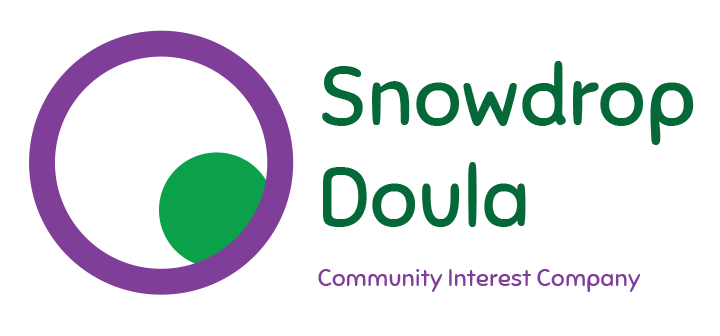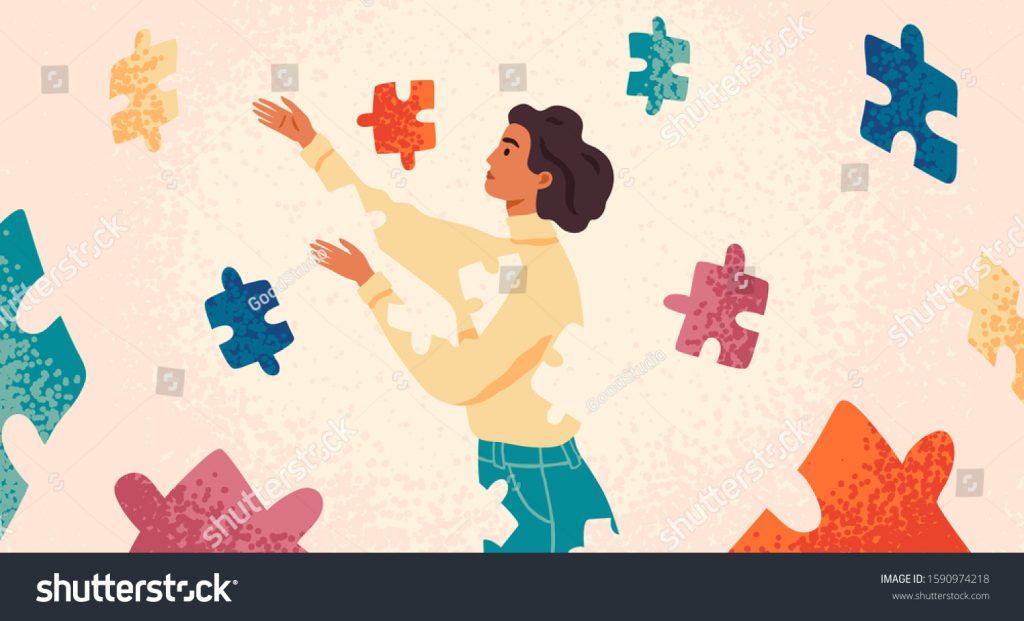I’m just going to say it. You can’t treat trauma on a few days class.
This may be somewhat controversial and is short and rambly. I may write deeper later.
Trauma is a complex psychological and physiological situation that even the highly experienced and trained academics and mental health workers continue to discuss.
There’s quite the influx in people doing a 1-3 day course and then selling themselves as “trauma specialists” and that they can “treat trauma”. A lot of these courses require little to no previous experience or training. (I wouldn’t count most Doula training courses in being adequate enough and would even question whether some degrees are).
With something such as trauma, a person seeking help could actually have worse outcomes from someone inadequately trained than they would without. I’ve seen it, I’ve had health workers contact me to ask if it’s our doulas providing this “treatment” as women have reported horrendous outcomes. It isn’t. I know our Doulas aren’t able to do that. That’s why we have Counsellors with specialist training and experience. Yes, therapy can make things feel worse before it gets better but it seems there’s a lack of this with such training. It’s really not possible to learn how to hold the space in this area within a few days. No matter how much the course is sold to you.
Doulas are amazing and can help massively in subsequent births but they do not “treat traumatic birth” nor provide “healing birth services”. Midwives also can’t treat trauma. What can be done is help to inform and aid a peaceful birth space. As birthworkers we really need to look at where our competencies lie.
If you’ve done a few days training in trauma awareness or “birth trauma treatment” then it’s really not likely you can “treat trauma”. Even if your clients don’t return it doesn’t mean you’ve done the job well and they are cured. It’s likely your training taught you how to respond to trauma and that is great and fantastic knowledge that’s needed and more of it.
As I said at the beginning, this subject is complex. There are whole degree modules and postgraduate qualifications in the area. In working in counselling and psychotherapy I know that just because a person doesn’t return, it doesn’t mean they feel better.
The emotions and feelings associated with trauma do not tend to fit a neat little package. Being trauma informed is great to help with understanding and how to not further impact as professionals. This and other cpd type training can not possibly be adequate.
If you do want to learn about trauma then please check the qualifications and background of the person doing the training.
If you are in need of some support then please check what the training of the person is and how long they trained for.

